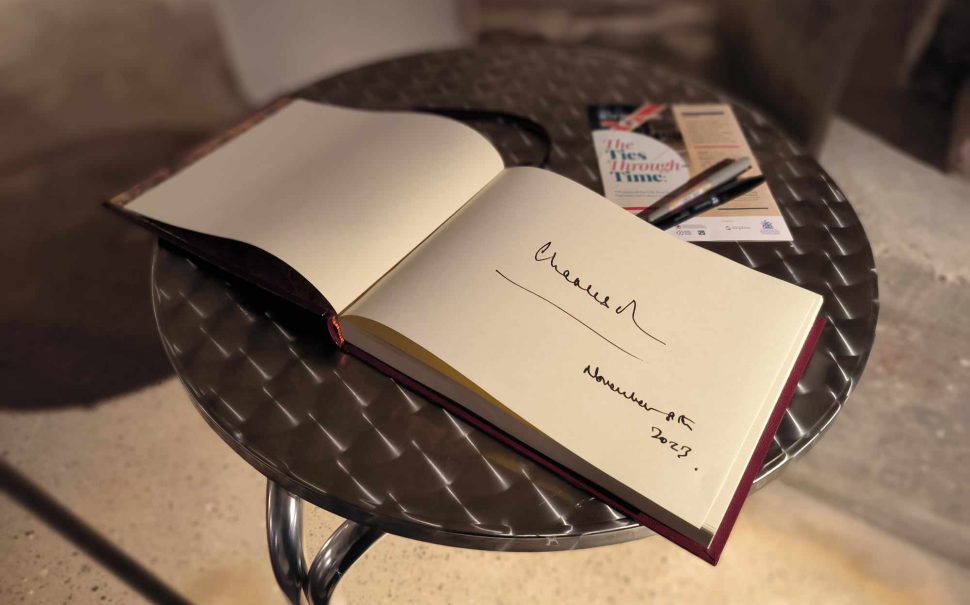On 8 November, King Charles visited the south-west London suburb to commemorate 140 years of diplomatic relations between Korea and the UK.
The Royal visit preceded the State Visit of The President and First Lady of the Republic of Korea on 21-23 November.
New Malden in the Borough of Kingston is home to the largest Korean expatriate community in Europe.
The King was introduced to local businesses, community and faith groups, political representatives, and the Malden and Coombe Memorial.
Justina Jang, programme organiser and director of Korean British Cultural Exchange (KBCE) said, “It means a lot because we’ve been linked for 140 years.
“Two girls came up to me and said that they never thought The King would visit here because they are living in the borders.”
King Charles first headed to New Malden Methodist Church, where he met The Ambassador for the Republic of Korea, members of the community, and the church’s Minister, Reverend Dr Karl Rutlidge.
Rutlidge said: “It was a bit of a surprise. About two weeks beforehand I got a rather mysterious email from one of the council officers at RBK saying a senior Royal would like to visit.”
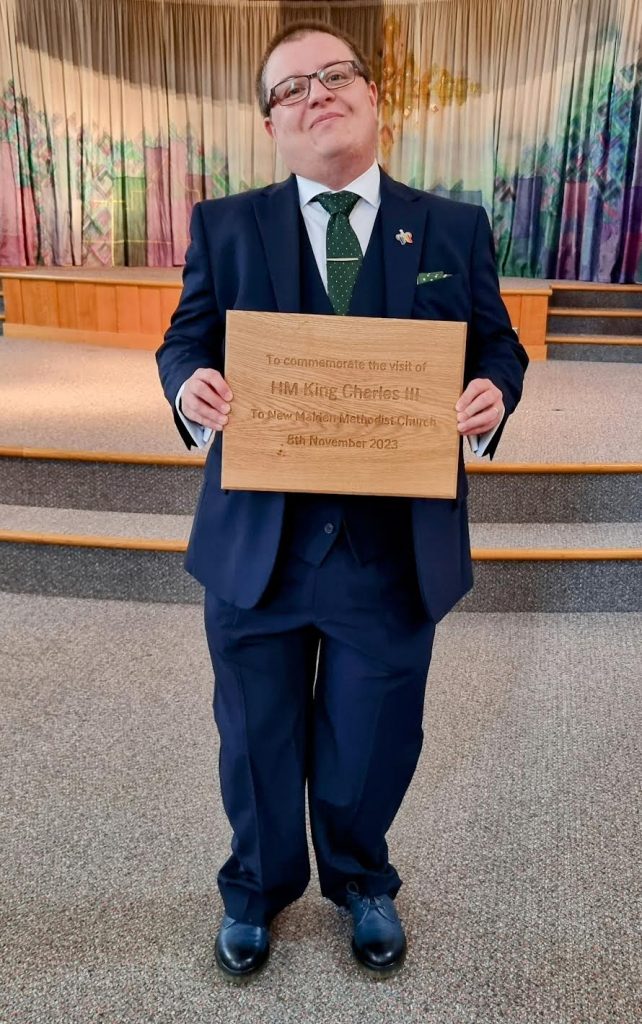
The King also tasted the traditional Korean dessert, Bingsoo, during a visit to Cake & Bing Soo Shop.
Operational Manager Patrick Song said: “I was surprised by how humorous he was. He just had the one spoon, but he loved it.”
To celebrate his birthday on 14 November, The King was presented with a personalised Earl Grey-flavoured cake from Cake & Bing Soo, Justina Jang’s homemade kimchi, and a KBCE kimchi recipe book.
Jang said: “King Charles made a joke about it blowing his head off.”
The King then watched performances of the traditional ‘Beautiful Country’ sung by Korean Hummingbirds Choir and a contemporary dance performance, before visiting ‘Ties Through Time’, a KBCE x Kingston Museum exhibition showcasing the development of diplomatic relations between South Korea and the UK over the past 140 years.
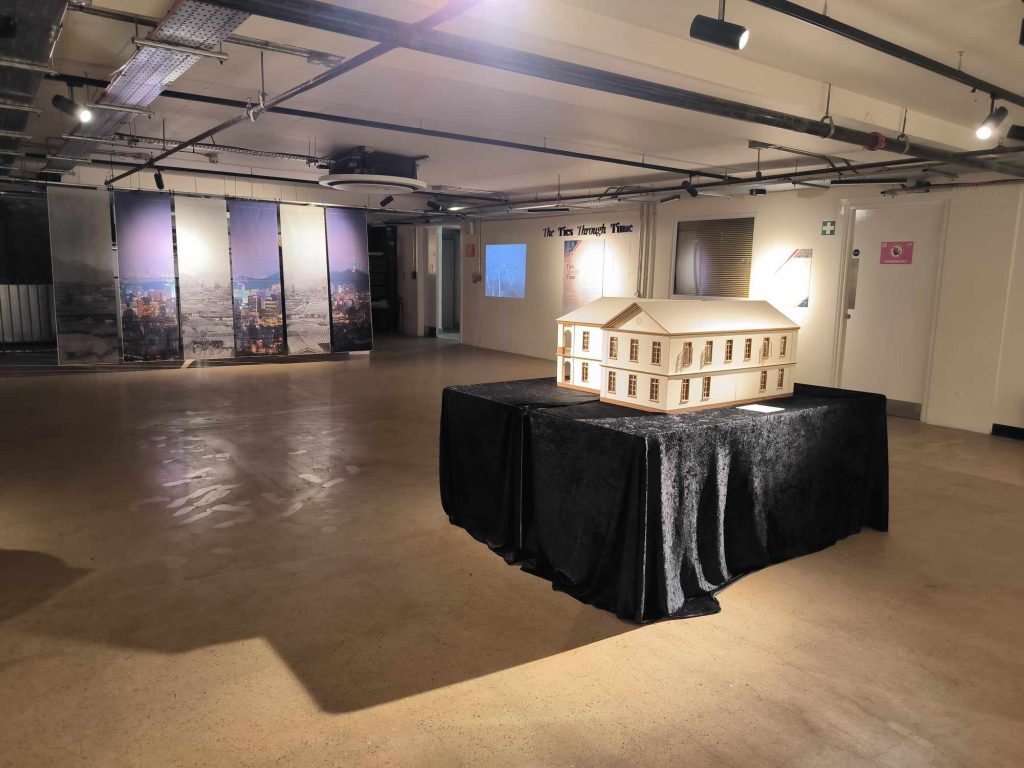
Kingston Borough houses approximately 20,000 Koreans, with an estimated 10,000 living in New Malden – including 600 North Korean defectors.
Known by some as London’s Koreatown, many settled in New Malden from the 1970s, when the Ambassador for the Republic of Korea was stationed there and Korean businesses, like Samsung Electronics, set up offices nearby.
While the Embassy of the Republic of Korea is now in central London and much of New Malden’s original businesses have closed or relocated, New Malden has remained the focal point for Korean expatriates – and a symbol of London’s multiculturalism.
A reminder of times pre-separation, the area enables North and South Koreans to live side-by-side and boasts over 20 Korean cafés, restaurants, supermarkets, karaoke bars – even a newspaper.
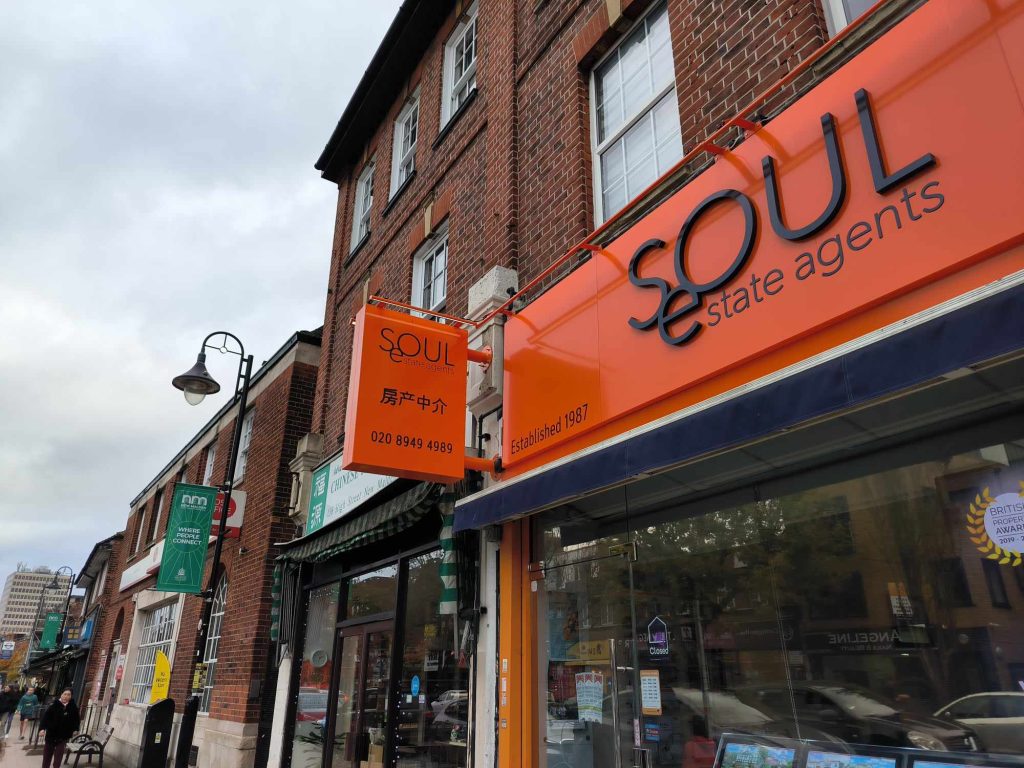
The development of New Malden’s Korean community is in part due to the 140-year diplomatic relationship between South Korea and the UK.
The State Visit from the President and First Lady of the Republic of Korea from 21-23 November marked the anniversary.
President Yoon Suk Yeol intended for the visit to strengthen diplomatic and business ties between South Korea and the UK with discussions around a post-Brexit trade deal.
They were formally welcomed by The King and Queen at the Royal Pavilion on Horse Guards, before being led by carriage to Buckingham Palace, accompanied by The Prince and Princess of Wales.
On 22 November, The President met with UK PM Rishi Sunak to discuss the new Free Trade Agreement (FTA), the enforcement of UN sanctions preventing North Korea’s nuclear weapon development, and a clean energy partnership.
The investment of 21 billion pounds from South Korean businesses to British renewable infrastructure and energy projects was also discussed.
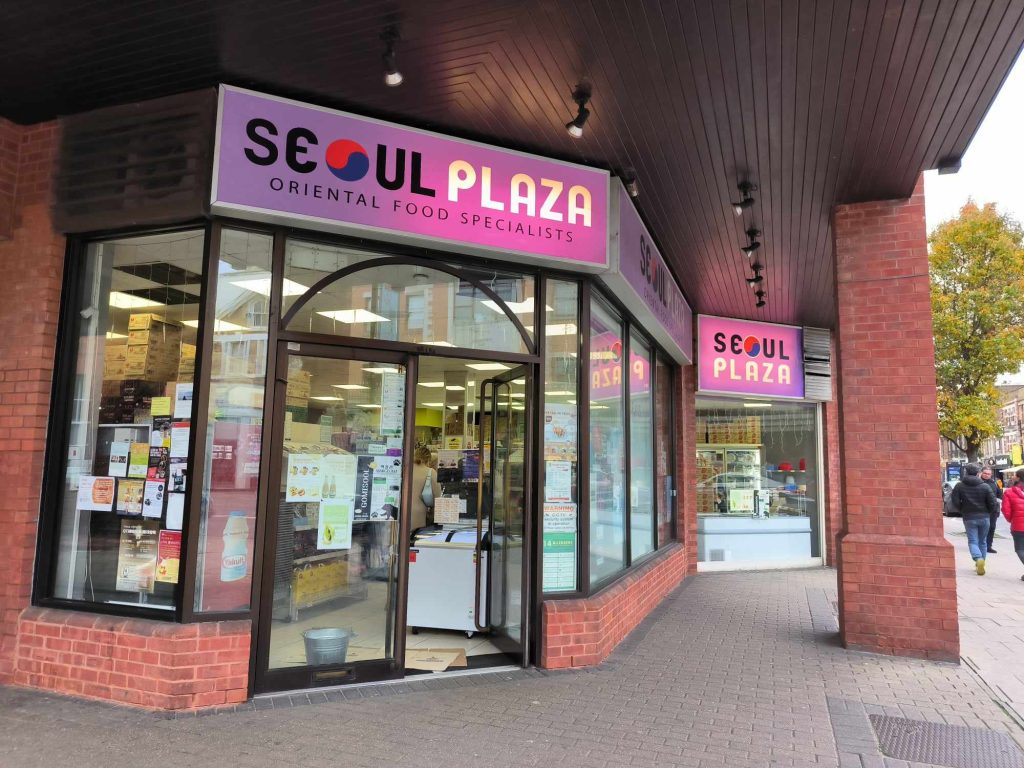
According to Catherine Dawkins, Programme Manager at Connect: North Korea, the recent Royal and State Visits have sparked an influx of support and attention for New Malden, and encouraged a more unified Korean community.
Connect: North Korea is a New Malden-based charitable organisation supporting North Korean defectors rebuild their lives in the UK.
Dawkins said: “It’s important to highlight the fact that you have a baseline of similar culture and language, but the experiences of North and South Koreans are incomparable.
“One group is coming as an economic migrant and the other as a refugee.”
The number of North Koreans reaching the UK has depleted in recent months due to the tightening of UK immigration laws, North Korea’s ‘Shoot on Sight’ orders and their strict Covid lockdown.
However the recent media attention has led to a more widespread appreciation for New Malden’s Korean community.
Dawkins said: “It has a knock-on effect in that people are now coming to New Malden.”
The recent events not only signal potential for New Malden’s Korean community, but also for other multicultural communities across the UK – if they are met with governmental support.
Jang said: “It’s more than a commercial area.”
“It’s our hometown, a home for the Korean community.”
